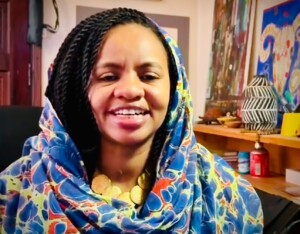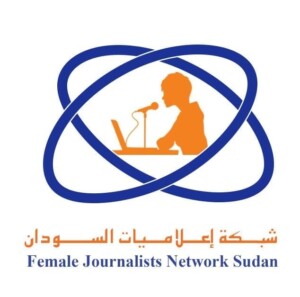New tactics by NISS cripple Sudan’s press
New methods and tactics employed by Sudan’s National Intelligence and Security Service (NISS) to curb the press are inflicting severe financial losses on the country’s newspapers.
 File photo
File photo
New methods and tactics employed by Sudan’s National Intelligence and Security Service (NISS) to curb the press are inflicting severe financial losses on the country’s newspapers.
One new tactic is to seize print runs of newspapers at the pressed in Khartoum, and delay their release, severely obstructing the distribution logistics to the rest of the country.
On Monday afternoon El Tayyar Editor-In-Chief Osman Merghani told a press conference at the newspaper's headquarters in Khartoum that his newspaper is to file a constitutional complaint against Sudan’s National Intelligence and Security Service (NISS) for disrupting the daily distribution of the newspaper for a week, which has harmed the distribution of the newspaper and the readers’ access to it.
Sudanese Journalists Network
Also on Monday, the Sudanese Journalists Network said that this new method has been applied to El Tayyar newspaper for a week and is ongoing.
The network described in its statement what happened as “a punishment similar to the past practices of confiscation after printing,” but this time, according to the network, “the security apparatus is using the method of circumvention to evade its illegal and moral practices by showing that it is not directly involved in the confiscation and the assumption of responsibility in the lack of access to the market, in return, is for the printing press and distribution management.”
In its statement, the network described this act as “a new repressive approach the aim of which is to inflict financial losses on newspapers.”
The network renewed its condemnation of these practices, which represent a new blow to press freedoms and a clear violation of the Constitution and human rights conventions.
Journalist Kamal Karrar of El Midan newspaper has been detained by the security services since January.
He was arrested with others while covering the peaceful march of the opposition in Khartoum against the rise of prices and the hunger budget.
The Sudanese Journalists Network expressed deep concern over the health of colleague Kamal Karrar who was arrested during a press mission and has not yet been released or brought a fair trial.
The network held in a statement the security apparatus responsible for the safety of journalist Kamal Karrar and demanded his immediate release.
Satellite blackout
the suspension of the Dabanga Sudan satellite TV programme by Egyptian satellite service company Nilesat on February 18, after Khartoum made a complaint about the news channel to the Egyptian authorities.
On February 18, the Egyptian satellite service company Nilesat shut-down the uplink of the 24/7 Dabanga Sudan satellite programme to its channel on Eutelsat – a satellite service at the same position, after a coplaint was made by the Sudanese government. The suspension took place without prior notice to Radio Dabanga or its service management system, so the channel went dark until a new frequency at Eutelsat allowed transmission to resume the next day at 1pm.
The change required Dabanga Sudan viewers to re-tune their satellite receivers to the new frequency. Online viewers can also stream the channel live via the link in the masthead of this page.
Press curbs
During the past years, the NISS upgraded its already severe restrictions on press freedoms by restoring 'pre-publication censorship' and issuing a number of 'red lines' on matters that are not supposed to be covered by the media.
The purpose of confiscating print-runs is to exhaust the newspapers financially, the editor-in-chief of El Jareeda newspaper earlier explained to Radio Dabanga. “It is in fact a direct and methodical liquidation, meant to kill the independent press,” he said.
The Sudan scores 86 points out of 100 (0=Most Free/100=Least Free) on the list of 201 countries in the Freedom of the Press 2017 report of the USA-based Freedom House.











 and then
and then